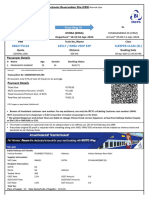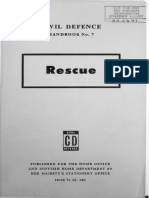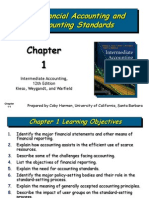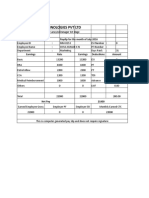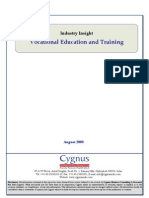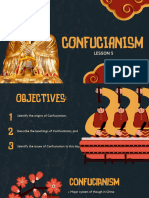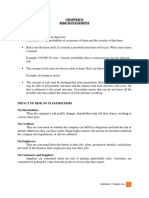0% found this document useful (0 votes)
43 views12 pagesPolitical Science Assignment
Political Science
Uploaded by
Vartika JaiswalCopyright
© © All Rights Reserved
We take content rights seriously. If you suspect this is your content, claim it here.
Available Formats
Download as PDF, TXT or read online on Scribd
0% found this document useful (0 votes)
43 views12 pagesPolitical Science Assignment
Political Science
Uploaded by
Vartika JaiswalCopyright
© © All Rights Reserved
We take content rights seriously. If you suspect this is your content, claim it here.
Available Formats
Download as PDF, TXT or read online on Scribd
/ 12





























































